Victor Cheruiyot, a prominent engineer with a reputation for an extravagant lifestyle, has found himself at the center of a corruption investigation led by Kenya’s Ethics and Anti-Corruption Commission (EACC) over kshs 373 million procurement scandal.
The commission is examining potential fraud in Bomet County, specifically focusing on suspicious expenditures totaling Ksh. 373 million.
This substantial sum was reportedly allocated for the procurement of road construction machinery, but authorities suspect inflated costs and conflicts of interest may have tainted the process.
The EACC’s inquiry into Bomet County is part of a broader, nationwide push to tackle corruption at the county level.
As decentralization has given counties greater financial control, concerns over resource mismanagement have risen.
This investigation joins a growing list of corruption probes targeting county governments, which often handle significant development funds without sufficient checks and balances.
In Bomet’s case, Cheruiyot has emerged as a figure of interest due to his connections to these projects and the lavish lifestyle that has raised eyebrows.
To advance the probe, the EACC has requested extensive documentation, including budget records, procurement details, and tender contracts, to trace any irregularities in the financial flow.
These audits aim to uncover whether procurement processes were manipulated or if corruption influenced any of the transactions.
The involvement of influential individuals like Cheruiyot, who are associated with county development projects, signals the commission’s intent to hold public figures accountable for their spending and affiliations.Kenya’s anti-corruption battle has been fraught with hurdles, particularly in coordinating efforts between the EACC and the Office of the Director of Public Prosecutions (ODPP).
Many cases stall due to bureaucratic and procedural challenges, with investigations often delayed or dismissed.
Civic groups have voiced frustration over these inefficiencies, calling for stronger cooperation between anti-corruption agencies and more robust prosecutorial powers to close gaps that allow suspected corruption cases to go unpunished.
The investigation into Cheruiyot also highlights a larger issue prevalent within Kenya’s public sector: the disconnect between the wealth displayed by some officials and their official earnings.
In many cases, the conspicuous consumption exhibited by public servants serves as a potential indicator of financial misconduct.
This pattern has contributed to a growing public distrust in officials, as high-profile lifestyles can suggest illicit access to public funds.Cheruiyot’s case could serve as a landmark if the EACC successfully uncovers substantial evidence of corruption and brings those responsible to justice.
Such an outcome could set a precedent, demonstrating the government’s willingness to hold high-profile individuals accountable and deter similar behavior among officials.
However, for the probe to reach a conclusive end, the EACC and ODPP must work cohesively to avoid the legal pitfalls that have previously hindered corruption cases in Kenya.
The broader implications of this investigation could be significant.
A successful probe in Bomet County would highlight the importance of transparency in county governments, reinforcing the need for ethical standards in handling public resources.
By addressing corruption at the county level, Kenya’s anti-corruption agencies can also send a strong message to county officials nationwide, misuse of public funds will not be tolerated.
As the EACC intensifies its scrutiny of county governments, the public eye remains on figures like Cheruiyot, whose actions and spending habits are now under careful review.
This investigation in Bomet County could potentially reshape public sector ethics and accountability, reinforcing the principle that positions of public trust should be exercised with integrity.
With civic groups and citizens alike demanding transparency, Kenya’s anti-corruption journey remains challenging but essential, as the nation seeks to restore faith in its public institutions.






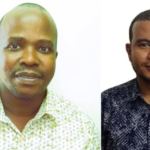








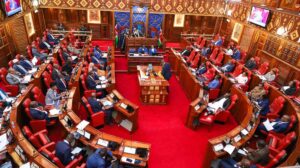

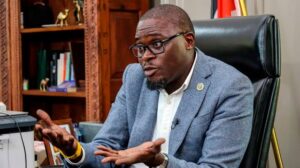
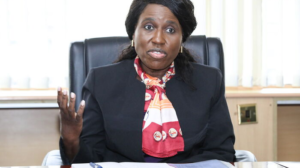

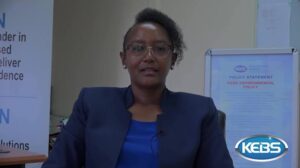
Add Comment